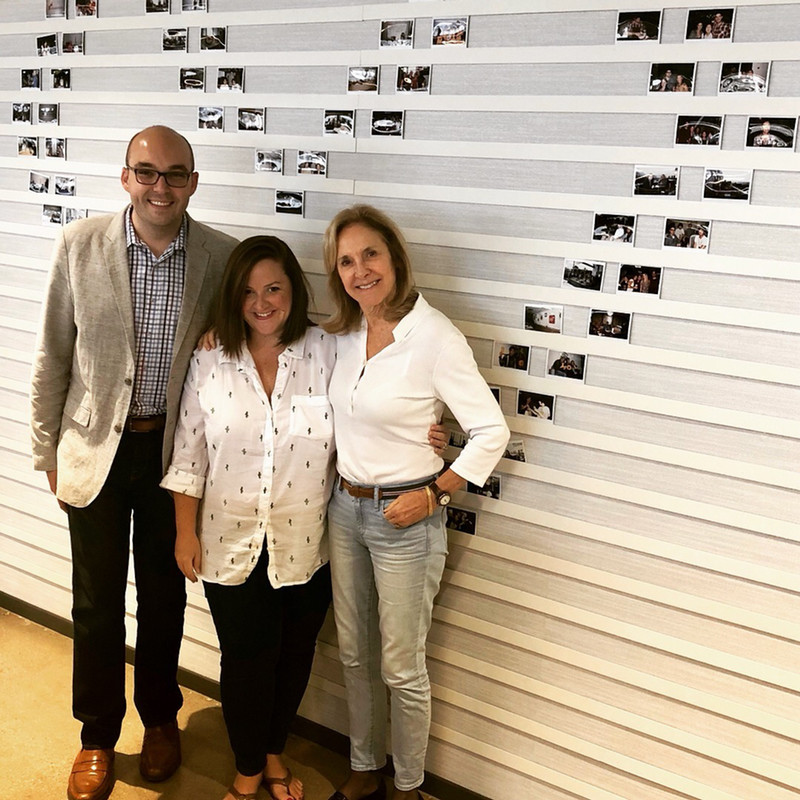Kinsey Institute Announces the Passing of Senior Research Fellow and Renowned Expert on Romantic Love Dr. Helen Fisher
It is with profound sadness that the Kinsey Institute announces the passing of our colleague, Dr. Helen E. Fisher, at age 79, from metastatic cancer.
The world’s expert on romantic love, true to her own scholarship Dr. Fisher loved a good love story – which resonated throughout her life’s work and helped her bridge the gap between academic and popular science in her research on romantic love, lust, and attachment. As Senior Research Fellow at the Kinsey Institute and Chief Scientific Advisor to Match, she co-founded the pivotal Singles in America study, which continues to provide groundbreaking scientific insights into dating and relationship trends in its 13th year. Her numerous books, including Anatomy of Love and Why We Love, have captivated readers around the world, and her TED Talks about the science of love have been viewed more than 22 million times.
“I am heartbroken to have lost such a towering colleague, generous mentor, and dear friend,” said Dr. Justin Garcia, Executive Director of the Kinsey Institute. “Her innovative ideas about love and sex will continue to shape the field and public discourse for many years to come.”
A biological anthropologist by training, Dr. Fisher’s research focused on the evolution and future of human relationships and explored everything from why we fall in love with one person over another, to the brain chemistry of romantic attachment, to the impact of contemporary dating trends. Dr. Fisher’s significant scientific contributions will be preserved through her archives that will be housed in the Kinsey Institute’s Library & Special Collections, ensuring her work can continue to inform and inspire future generations.
As we mourn her loss, we remember her as she would want to be remembered: someone who lifted up the profound power of love for so many.

Support Kinsey
Sexuality and intimate relationships are essential to our individual and collective well-being. Your support will help the Kinsey Institute advance research and education in the science of sexuality, gender, and sexual health, and give a diverse field of researchers the resources they need to make new discoveries.
Pledge your support